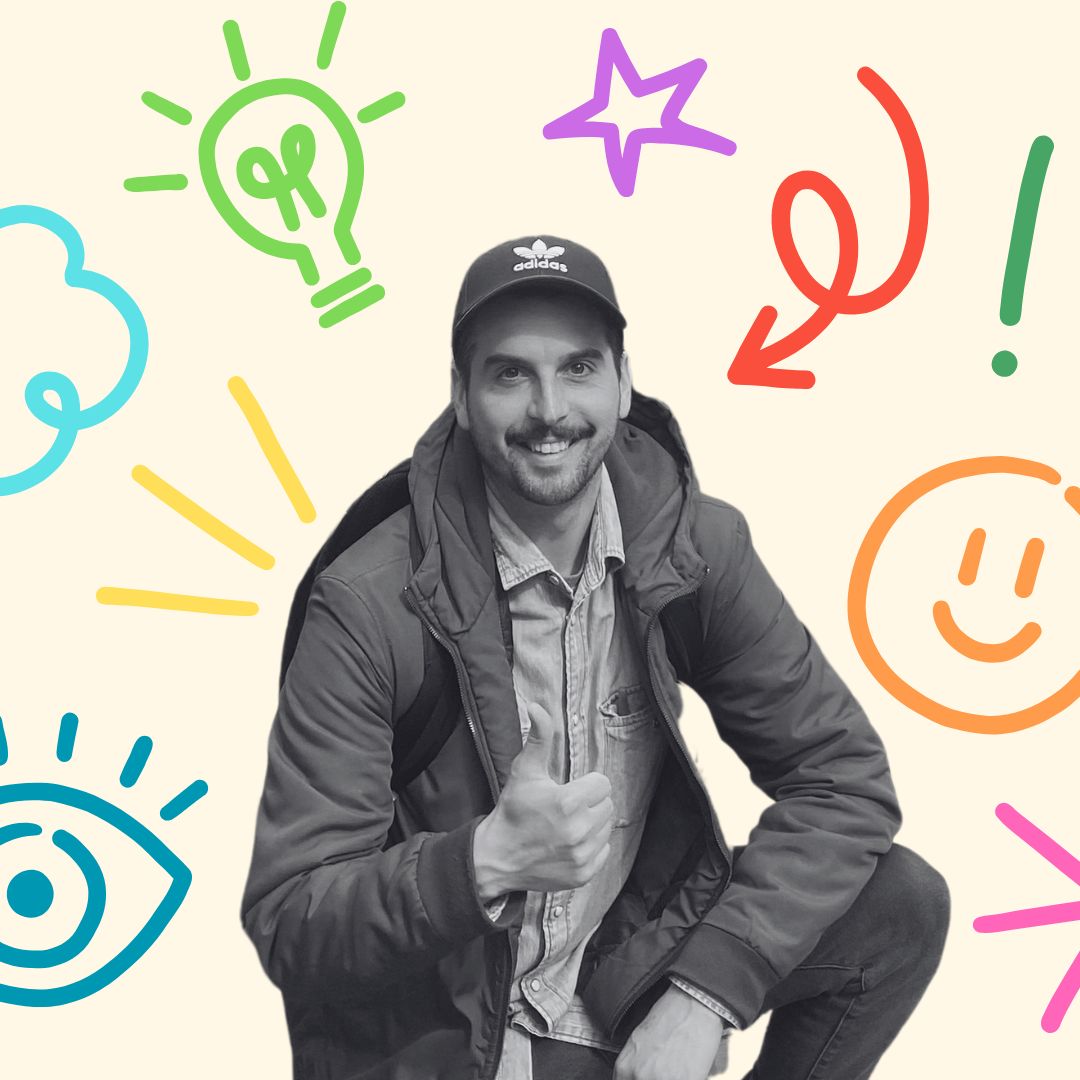The Hunter Hub for Entrepreneurial Thinking fosters a collision of people, talent and ideas through investing in interdisciplinary student experiences, innovative teaching and learning strategies, enabling faculty and staff to lead in research and innovation and expanding a growing community of entrepreneurial thinkers and innovators within and outside the University.
Through her work at these organizations, she has helped more than 460 start-ups by providing them with the necessary funding, mentorship, and support. She is a recognized leader in business mentorship and a true champion at networking.
Joelle leads an exciting and impactful career in which she helps a growing number of people build their dreams. She is one of those people that loves what she does and is determined to make an impact in her community.
We chatted with Joelle about her incredible ability to foster successful entrepreneurship and the source of her tireless energy.
How we interpret your marketing style is that it’s relationship-based. You’ve been able to connect with so many people through a shared interest in entrepreneurialism, and so you have a wide audience and network available to you. Can you tell us how you got so good at forging strong, real connections?
I think the secret is that you have to genuinely like people. There are many people out there that view marketing and relationship building as a job. When I’m working with people, I’m genuinely interested in what they’re doing and their stories.
You’ve helped so, so many startups and entrepreneurs find resources, gather advice, and make a splash in their industries through Futurpreneur and now the Hunter Hub for Entrepreneurial Thinking. Can you tell us any tips you share with them in terms of marketing themselves?
I had not realized that I was good at marketing until I started working with a number of diverse entrepreneurs. When they tell me what they are doing or what their product is, I ask them to identify their target market by really narrowing who their market is. After that, it’s fun to think about how to target those people.
You can see that once someone really understands who their target market is; the ideas really start to flow. It’s amazing what concepts can come out on the whiteboard. Creating by yourself with no one to bounce ideas off, limits the creativity.
I have met with many entrepreneurs who have identified the completely wrong target market. For example, they may think their target is kids– but it’s actually the parents who are buying the product. Kids can influence parents. It is usually the female member of the family who has the buying power. Sometimes, emerging entrepreneurs do not have that experience to realize that.
I really encourage people to engage with and learn from people from different backgrounds than their own. When you are exposed to different ways of being, living, working and thinking, it forces you to become more creative. Identifying target markets, solving unique problems and influencing people becomes easier when you’re working with people from diverse backgrounds.
What is one tool at your desk or workspace that you couldn’t live without?
Hands down, my Surface Pro. It’s very portable. I have it right now in my hands. I love the OneNote app. I cannot live without it; it transfers on my phone, my iPad and my computer. I have tried many organizational tools but they do not have the best search options, which I really need. The cloud is also amazing! If my computer goes down, it doesn’t matter, because all my data is on the cloud.
You’ve seen so many people get their start with a new business or disruptive idea. Can you tell us what you think the most successful ones share in common, regardless of industry?
One thing I have noticed through working with successful emerging and existing entrepreneurs over the past 15 years is that they have a really supportive life partner to allow them to do what they need to do. That’s a huge factor.
There’s no such thing as work-life balance. It’s all about work-life integration. In reality, the first couple of years of entrepreneurship requires 24/7 work and dedication.
Entrepreneurship requires a hyper-focused commitment to transforming an idea into a revenue-generating business.
Surrounding yourself with people that are like-minded, that can provide advice, mentorship and support is very important for any entrepreneurial journey. People who are supportive and honest with you help drive your success.
Tell us a bit more about Hunter Hub’s focus on ‘entrepreneurial thinking’ and ‘interdisciplinary.’ Do you think the ability to think like an entrepreneur helps anyone in any industry be successful?
The Hunter Hub has a 2,300 square-foot space (a 25,000 square foot space is in development). It’s a collision space available for students, staff, faculty, alumni, or community members regardless of the faculty or industry that they work or study within. When you bring people from different backgrounds, ethnicities and life experiences in one space — they learn how to work effectively on a team, be resourceful, and connect knowledge across disciplines. The problems of today are too complex to solve by looking through the lens of a single discipline.
The Hub helps you look at things differently in a knowledge-based economy. Many of the businesses that are going to be hiring soon will be start-ups. They are looking for people that are creative, that can pivot. It’s that energy, that different way of looking at things that are crucial for employers.
Many big businesses that are around now are not going to be there in the future, they’re not going to be the ones hiring in the future. We need to raise our students with a different mindset. It cannot be linear anymore – we need to encourage them to seek and create opportunities, turn ideas into actions and embrace risk.
We should not be asking kids what they want to be when they grow up; we should be asking ‘how do you want to change the world when you grow up?’ That way you are encouraging them to think creatively.
What is one milestone or success in your career that you’d credit to good marketing?
When I started the Futurpreneur office in Manitoba, I ran it like a start-up– it was all about building the brand while fostering relationships and trust. If people see you as being competitive, and not collaborative, you will never be successful.
My team here truly believes in what the Hunter Hub represents for the university and community. I have a gifted team that strategically positions the Hub through their internal and external engagement with our stakeholders. They are promoting the Hunter Hub through sharing our stories with entrepreneurs, potential mentors, donors, government, and international innovators. They are championing our method of marketing through building relationships in the University, Calgary and beyond. That is good marketing!



